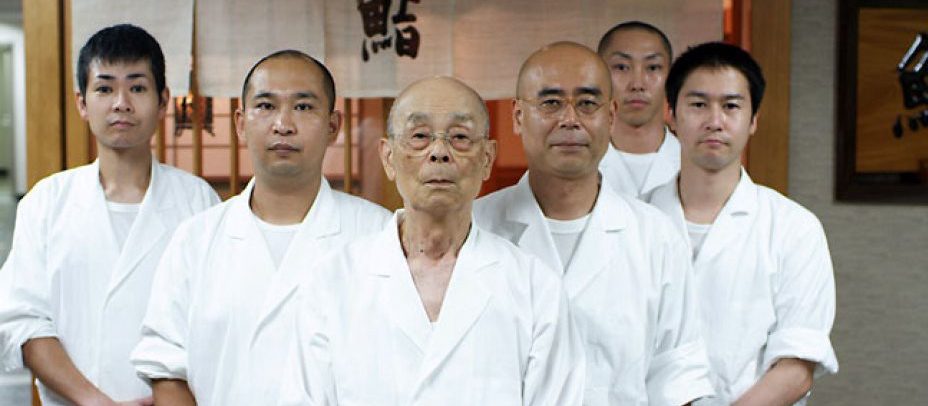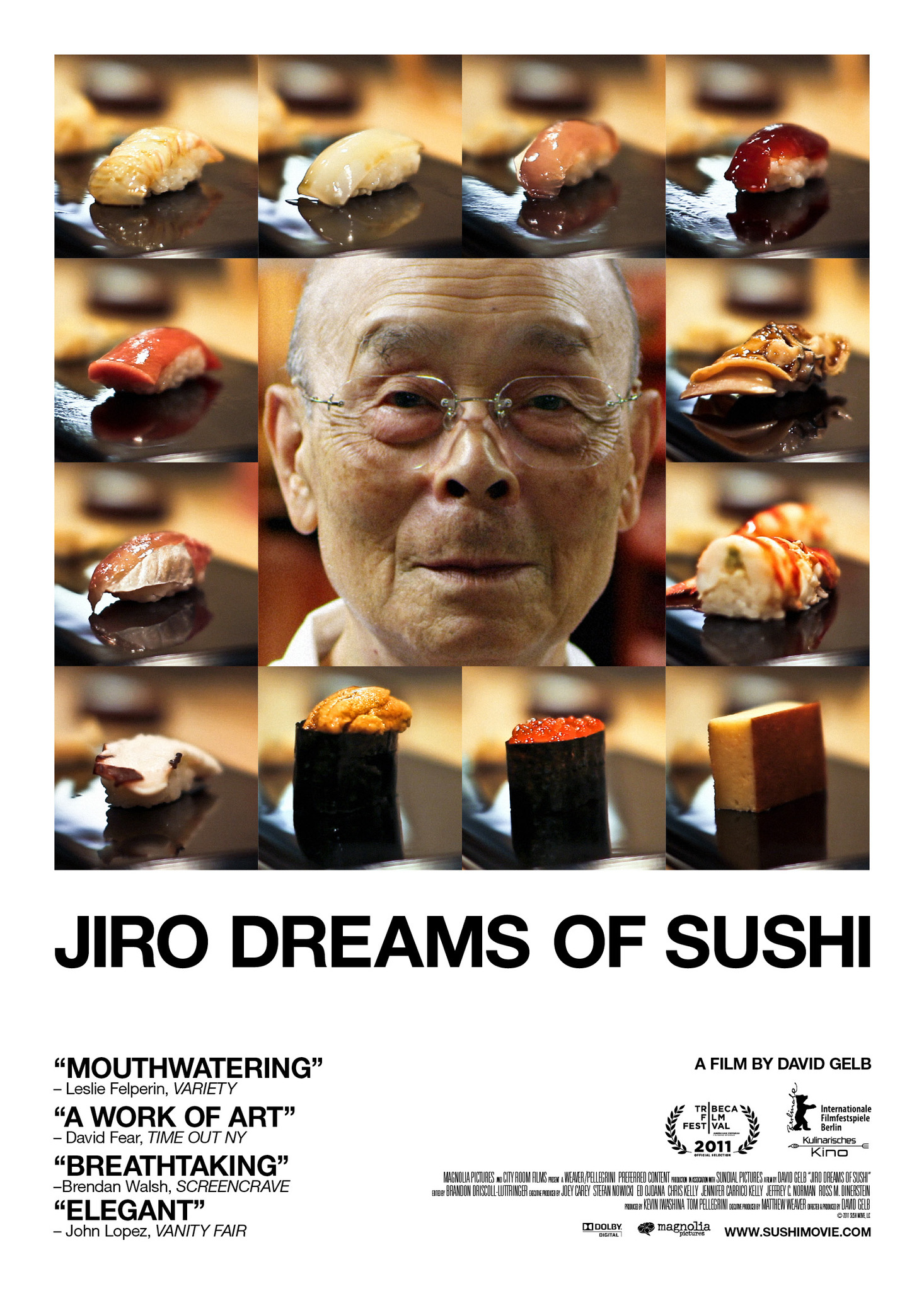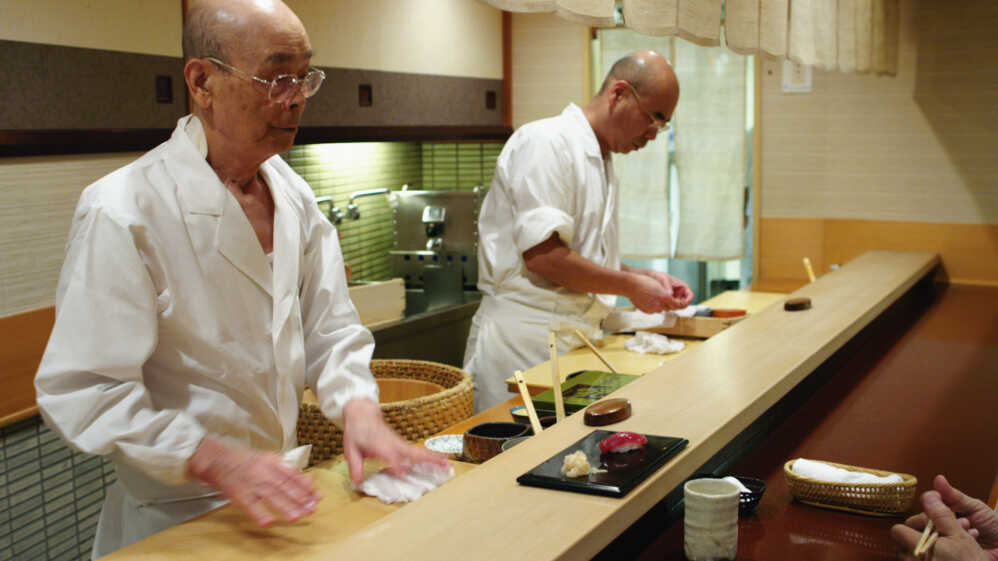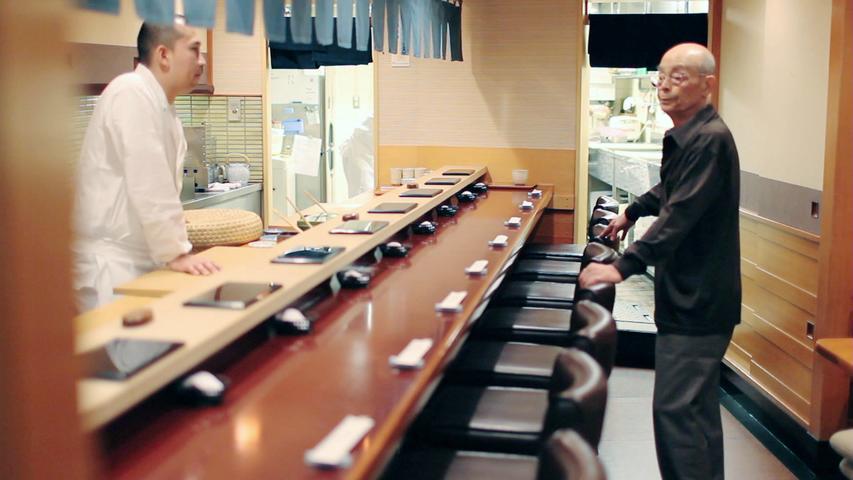

“I’ll continue to climb, trying to reach the top, but no one knows where the top is.”
One of the biggest ongoing struggles of my life has been to astutely identify long-term passions. I’m relatively young and yet I’ve already been on my fair share of extended jags—mechanical design, fingerpicking guitar, weight lifting, theology, film criticism, backpacking, record collecting… the list goes on. It seems like every few months my attention is caught by some new hobby or a previously undiscovered subgenre or author or cultural movement within the fields I’m already passionate about. It’s a grim inevitability that I will fail to carve out adequate time for all the things that have caught my eye over the years. Maybe I will never hike the John Muir trail; or learn to play along to Nick Drake; or watch all those old Corman B movies; or read the Summa Theologica. Sometimes I wish that my mind was less erratic, more easily satisfied, that I might settle into a few of these hobbies and approach mastery of a craft or become an expert in a specific field. And yet, as I watched David Gelb’s Jiro Dreams of Sushi I realized that I might not be wired for such a simplistic way of life.
The title of the documentary is stated outright by its subject, Jiro Ono. He does indeed dream of sushi. Jiro began working at a local restaurant in the 1930s, before he was ten years old. He became a qualified chef in 1951 and opened his own ten-seat sushi bar in Ginza, Tokyo in 1965 where he plies his trade to this day. At the time of this writing, he’s 96 years old and still shows up to work every morning except for a few select holidays and emergencies. For some perspective: he’s been professionally making sushi at a relentless pace since before my retired grandparents were born. But his dedication has earned him a sterling reputation—Jiro has been described as the greatest sushi craftsman of all time, a bold innovator who has committed his entire life to perfecting the art of sushi preparation and presentation. His sushi is so superb that despite his shop’s small size and its lack of restrooms, it was regularly given Michelin 3-star status until they stopped taking reservations from the general public (they now only accept reservations through a hotel concierge or from long-time regulars). Celebrities make it a point to dine at Sukiyabashi Jiro where the menu starts somewhere around $300.

An old man by any definition, Jiro still wakes up early every morning, hops on the subway and goes to his restaurant to perform his routine. He doesn’t need the money generated by his top-notch work but his life has become rigidly defined by his occupation. Thus he approaches each day with the resolve to improve his craft just a little bit more; for him, that is his life’s purpose, to asymptotically approach an unknowable summit. He describes himself as a shokunin, a shifty Japanese term that might be incompletely described as a craftsman with an inborn obligation to the community to perfect their chosen work through a lifetime of practice. Gelb’s camera frequently finds Jiro isolated and encouraged to divulge his thoughts, and the documentary is littered with small lessons that elucidate the sushi master’s credo: “The way of the shokunin is to repeat the same thing every day.” “You must dedicate your life to mastering your skill. That’s the secret of success and is the key to being regarded honourably.” “Once you decide on your profession, you must immerse yourself in your work.” Etc. The most pertinent lesson I extracted from Jiro’s commentary is that one should not measure success solely based on external reception. Instead, you should strive to improve regardless of the merits of your previous efforts. In a way it echoes the principle taught in Colossians 3:23, which teaches that one should conduct themselves in their work as if they were working for God and not merely human masters. Gelb emphasizes the repetitious nature of the pursuit of perfection by regularly depicting closeups of the dishes in the kitchen during prep and as they are served to customers, often accompanied by music from Philip Glass and Max Richter which uses subtle changes through repetition, building on itself and escalating just as Jiro’s work ethic was built up over time.

Almost as fascinating as Jiro are his two sons, each of whom was instructed to forego college and apprentice with their father. The younger of the two, Takashi, operates his own restaurant which is a mirror image of his father’s. The elder, Yoshikazu—who did not want to follow in his father’s footsteps—is still waiting to take over his father’s business as is customary for the oldest son (he was fifty when the documentary was made). We see Yoshikazu instructing the younger apprentices. He even prepared the sushi that earned the restaurant their 3-star Michelin rating. And yet he knows he will never have the intuitive sense of craft that his father has developed. Late in the film, reflecting on his son’s modest achievements under his tutelage, Jiro offers some words of approval and then adds, “He just needs to keep it up for the rest of his life.” There are other moments like this, when the subjects are discussing their childhoods and work ethics, that highlight the cultural contrast with American values and traditions. Jiro’s abandonment as a child, the neglect of his own children in pursuit of culinary perfection, the sons’ buried dreams—these things are discussed with joyful smiles. When Jiro and Yoshikazu visit Jiro’s parents’ gravestone and a Buddhist temple, they choose to approach these sacred areas with wisecracks and laughter rather than reverence and respect.
Jiro is certainly a fascinating character, but if the man presented in the documentary is the genuine article, I cannot say I envy him. His pursuit of perfection seems to have robbed his life of any meaning outside of his work. He appears to have no hobbies, no interests, no relationships that are not directly tied to sushi. He knows how to tell the flavor of sushi by the texture of the meat, he knows that massaging an octopus for forty to fifty minutes instead of thirty achieves the perfect tenderness, he knows the ins and outs of rice cooking. But has he ever read a book for fun? Has he ever listened to the Beatles? Has he ever taken a walk for the simple pleasure of being outdoors? Is it worth it to trade off the bulk of life’s pleasures and pursuits to achieve mastery in a single craft? What if there is no sushi in the afterlife? As others have observed, it’s strange to imagine that Jiro was ever willing to take the time to conceive his children, let alone court a wife, because that time might have been used to improve his craft. His supreme dedication to the art of sushi-making is respectable but not necessarily admirable or worthy of emulation.